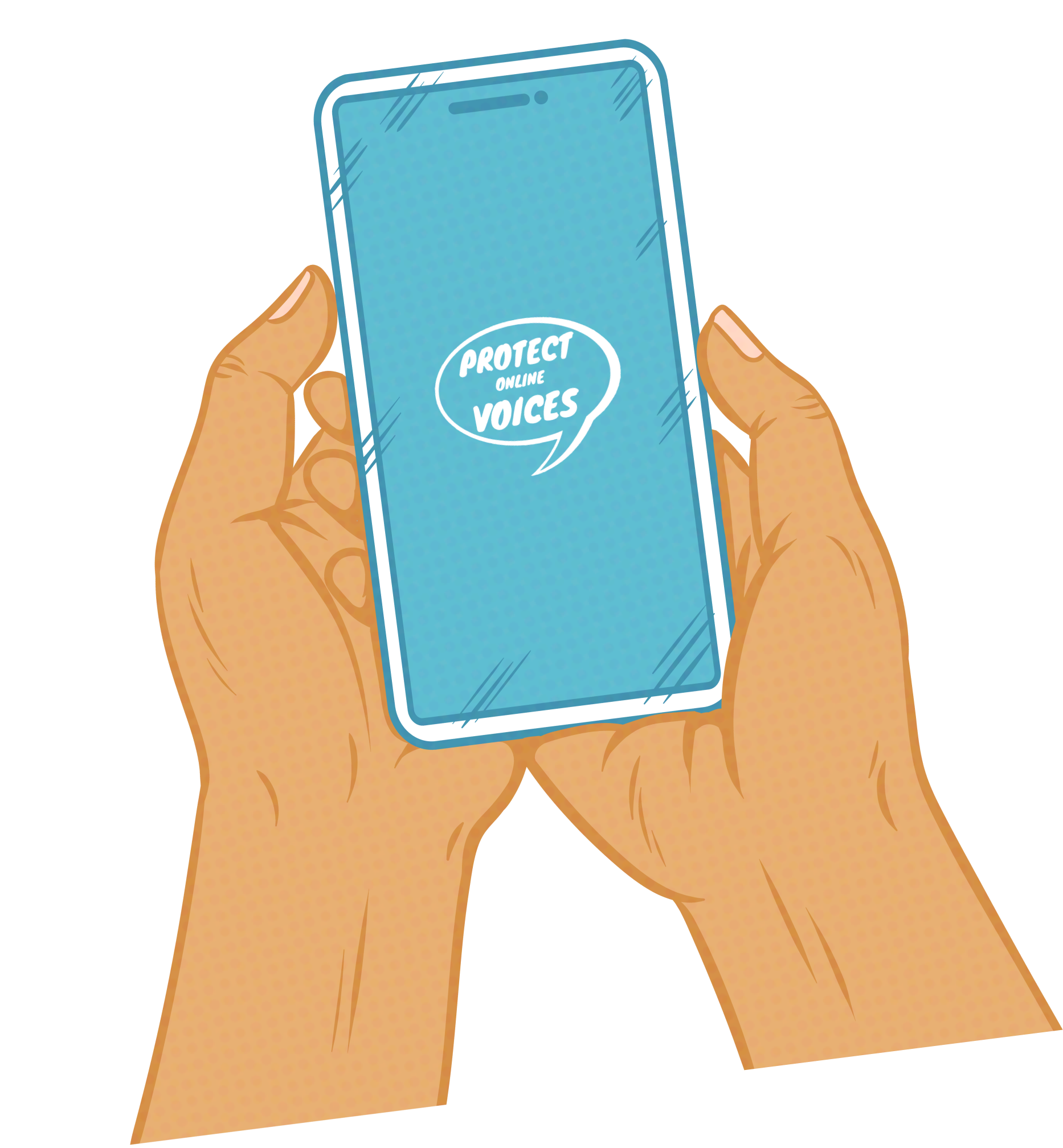Simply put, Section 230 says websites (and users) are not liable for the content they do not create. At the same time, Section 230 provides websites with the opportunity to protect people that use their services from harmful content and behaviors, ranging from spam to harassment.
Without Section 230, search engines, video sharing platforms, political blogs, startups, and small businesses would have to choose between extremes: over-filter content, stop hosting user created content, or stop moderating content. Any of these extremes would create an Internet that is less helpful and less accessible.





